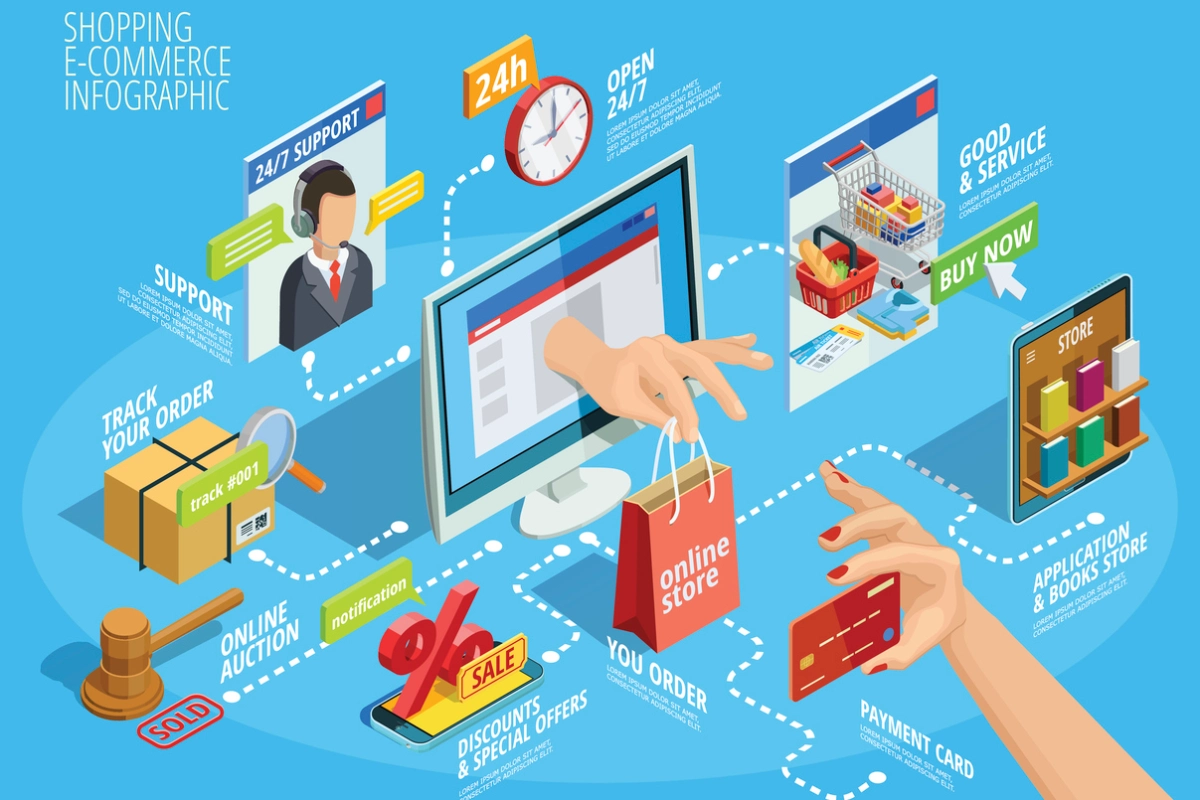5 surprising ways Internet of Behaviour impacts daily life and choices of Thais

It’s strange, almost unsettling, how an online ad seems to read your mind. It knows you’ve been eyeing those Onitsuka Tiger sneakers, popular among Bangkok’s fashionistas, even though you’ve barely mentioned it. That, right there, is the IoB at work—the Internet of Behaviours. Picture IoT (Internet of Things), but more invasive. While the IoT connects physical gadgets, like smart lights or fitness trackers, the IoB cranks it up a notch, using the data from those devices to predict and, sometimes, even alter what you do.
According to ExpressVPN, this influence stretches far and wide, from the stuff you see on Thai social media platforms like Pantip and Facebook to what sneaks into your cart on Lazada and Shopee. Sure, it’s sold as a convenience, but there’s a blurry line here, right? Is it helpful personalisation, or sneaky manipulation? Here’s how IoB might already be weaving through your digital life, in ways you hadn’t quite realised:
The Science Behind Your Scroll
Ever feel like your social media feed just gets you? It’s no accident. Every tap, pause, and scroll is being logged. Facebook, TikTok, Instagram—they’re not just watching the likes and shares. They’re counting how long you hover over a post, or what catches your eye before you keep scrolling. Using AI, they piece together your behaviour to keep you locked into the app, creating a profile that dives deeper than simple likes.
The IoB uses these details to predict what will hold your attention. And yeah, it’s convenient to see more of what you like. But soon, you’re in an echo chamber. If you’re into one particular trend or political angle relevant to Thai society, similar content takes over your feed, reinforcing those ideas. Seems harmless, sure, until you realise these echo chambers subtly shape your opinions and maybe even your purchases.
Tailored Content, Just for You
Binging Thai lakorn shows on Netflix, listening to endless playlists; welcome to the IoB’s playground. Streaming services like Netflix or Spotify don’t just track the shows or songs you love—they analyze how long you stick with something, the times you binge, and even the genres you gravitate toward. Then, they churn out recommendations based on your patterns, making you feel like the service “knows” you.
But don’t mistake this for a friendly gesture; the goal is simple: keep you on the platform, streaming as much as possible. The more you consume, the more data they gather, and on and on it goes. Each suggestion feels like it’s tailored for you, but it’s just another hook to keep you locked in.

The Digital Shopping Cart
Shopping online for Songkran festival deals? Add an item to your cart, leave it, and suddenly—ads for that very thing follow you across the web. The IoB is in action again. Retailers track your browsing, analyzing what catches your eye, even how long you linger on a product page. This isn’t just to offer what you want, it’s about finding the right moment and way to nudge you into buying.
Scarcity alerts (“Only 2 left!”) or urgency tactics (“Sale ends soon for Loy Krathong celebrations!”) work because they’re based on your behaviour. These cues are fine-tuned to push you to hit “Buy Now,” with every search and wishlist item feeding into hyper-personalised shopping experiences meant to maximise how much you spend.

A Holistic Approach to Well-being
Health apps and wearables scoop up a ton of personal data—tracking things like how much you move, your heart rate, sleep, and even what you eat, from som tam to green curry. The new twist with the IoB? Now this data’s not just about me watching myself; it’s being used to predict and nudge my choices when I’m likely to act.
At a glance, it looks like a cool way to stay on track with health goals. But then, companies get involved, hinting I should move more or drink up. Imagine insurers eyeing all this, using it to change my premiums. Maybe, if I hit those fitness goals, I save on insurance. But what if my data shows risky stuff or less healthy trends? I could end up paying more. The IoB? It’s gone from just following my lifestyle to trying to shape my choices—and maybe even my finances, too.

Making Learning Fun
Think earning points on a Thai language learning app is just for fun? Behind those rewards, the IoB is busy analysing you. Apps track what times you’re active, which rewards you’re most excited by, and even which notifications get you back into action. It’s all to keep you coming back.
The aim is to nudge you, encouraging small actions that build habits, whether it’s increasing your step count or sticking with a learning app. But there’s a hidden side: it’s not just about helping you; it’s data collection, showing companies what makes you tick and using it to subtly guide your actions, often without you even noticing.
The Internet of Behaviours is all around us, influencing the way we interact online, shop, consume media, manage our health, and even stay motivated. Understanding its impact can help us navigate our digital lives with a bit more awareness, enabling us to make choices that truly align with our interests and values.
Latest Thailand News
Follow The Thaiger on Google News:


























